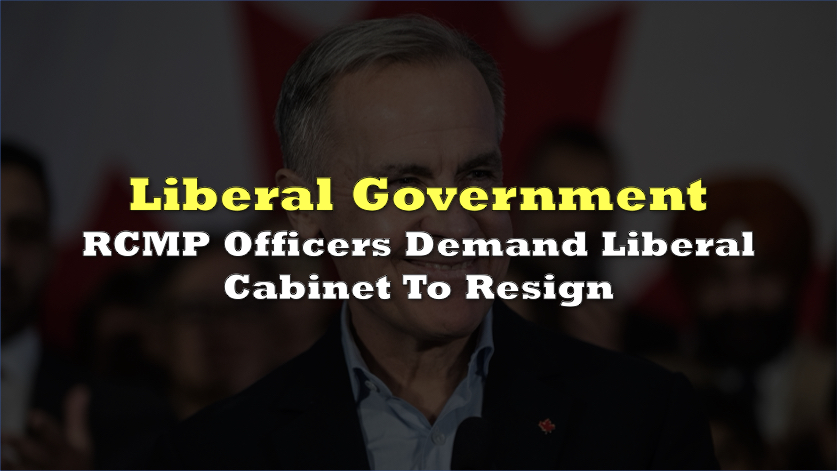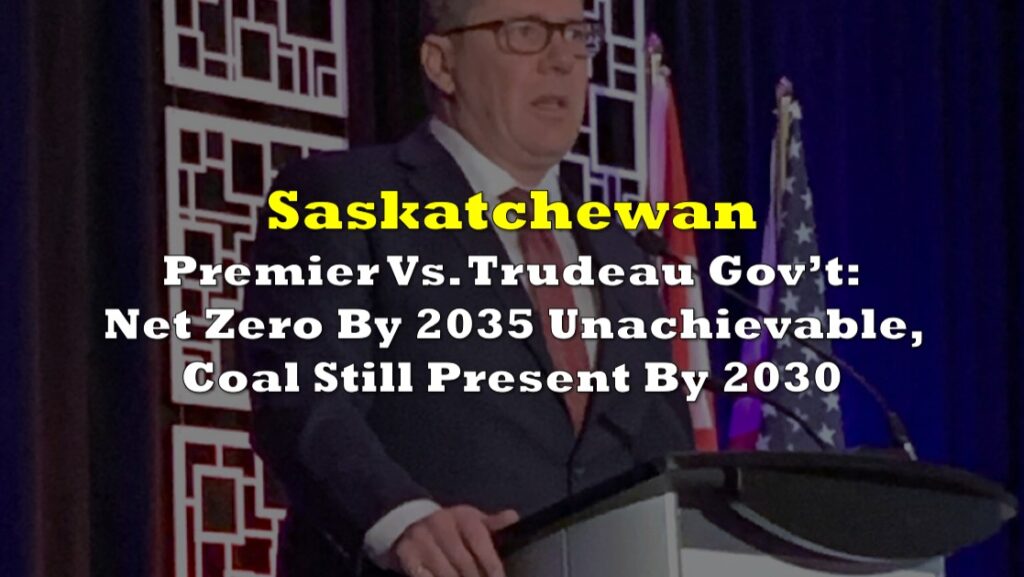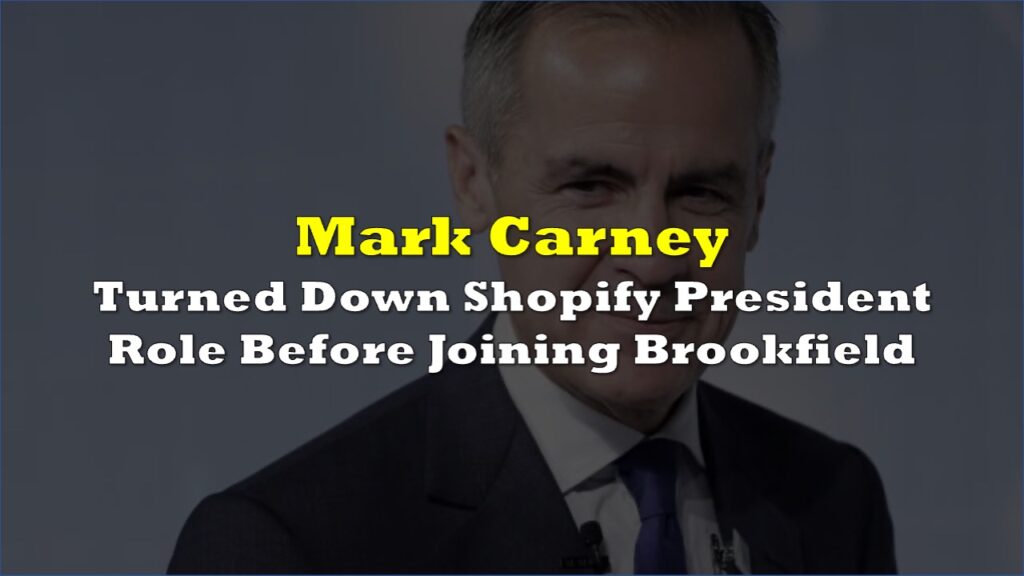Toronto-based investment giant Brookfield Asset Management has initiated discussions to create a $50 billion fund, primarily aimed at boosting investments in domestic assets. This move has already stirred political controversy due to its timing and connections to prominent figures within both the Canadian government and Brookfield itself.
The proposal seeks financial backing from several of Canada’s largest pension funds and the federal government. According to sources familiar with the discussions, Brookfield is aiming for a $36 billion commitment from pension funds and $10 billion from the federal government, with Brookfield contributing $4 billion of its own funds.
Mark Carney’s role
The fund proposal has drawn significant attention, especially as it coincides with the appointment of Mark Carney, Brookfield’s Chair, as an economic adviser to the governing Liberal Party. Carney, the former governor of both the Bank of Canada and the Bank of England, has taken a central role in advising Prime Minister Justin Trudeau on fiscal policy. This has led to accusations from opposition parties that the lines between private interests and public policy are becoming dangerously blurred.
Conservative MP Michelle Rempel Garner expressed outrage over the developments, posting on X, “You have GOT to be f–king kidding me. The brazenness of it. Mark Carney is the Chair of Brookfield. Trudeau just put him in charge of fiscal policy. And now, this. We will fight to keep his hands off your pension.”
You have GOT to be f–king kidding me.
— Michelle Rempel Garner (@MichelleRempel) September 17, 2024
The brazenness of it.
Mark Carney is the Chair of Brookfield.
Trudeau just put him in charge of fiscal policy.
And now, this.
We will fight to keep his hands off your pension. https://t.co/vRxsRLcO13
Brookfield’s push for a $50 billion fund comes as part of a broader conversation in Canada around domestic investment. Finance Minister Chrystia Freeland has already enlisted former Bank of Canada governor Stephen Poloz to consult with pension funds on strategies to increase their investment in Canadian enterprises.
The proposed fund would mark a significant continuation of the Liberal government’s trend of partnering with large institutional investors. In 2022, the government launched the $15 billion Canada Growth Fund, designed to support energy transition projects and managed by the Public Sector Pension Investment Board. In 2017, the $35 billion Canada Infrastructure Bank was established to channel private capital into large-scale projects like public transit.
Pension funds’ reluctance
Despite Brookfield’s ambition, the country’s largest pension funds—known as the Maple 8—have yet to commit to the new fund. The Maple 8, which include the Canada Pension Plan Investment Board (CPPIB) and Ontario Teachers’ Pension Plan (OTPP), collectively manage over $2 trillion in assets, and have traditionally focused their investment strategies globally rather than domestically.
For instance, CPPIB has approximately 88% of its portfolio invested outside Canada, and OTPP has 76% of its assets in foreign investments.
There has been ongoing debate about whether pension funds should be directed to invest more in Canada. Some critics argue that the pension funds’ singular mandate is to maximize returns for retirees, regardless of geography. They warn that forcing investments into domestic markets might lower returns, ultimately impacting pensioners. Others believe that new mandates should be considered, requiring funds to balance financial returns with contributing to the nation’s economic growth.
Brookfield’s fund proposal could exacerbate these tensions. “It would be very premature for the pensions to commit to invest at such an early stage of discussion,” one source told The Logic, noting that the idea is still in its infancy.
Carrots, not sticks
Official responses from the federal government have been cautious. A senior government official, speaking on the condition of anonymity, said, “It would be very premature to say that any one proposal or idea is decided.” The official emphasized that no specific plan had been greenlit and that discussions with Poloz were ongoing.
Poloz himself was reserved when asked if Brookfield’s initiative was part of his consultations. “I would describe it more as an ongoing conversation with the government, with my side fueled by a very rich set of consultations from a very diverse range of individuals and associations,” Poloz said.
Poloz had previously clarified his stance on pension fund mandates in June, stating that his focus was on creating incentives for domestic investment, not changing the funds’ mandates.
“It’s about carrots, not sticks,” he explained. “Can we remove obstacles? Can we create new vehicles of some kind to make it easier?”
The timing of Carney’s appointment as an adviser to the Liberal Party has added fuel to the political fire. While Carney is not directly involved in government decision-making, his advisory role to the Liberal Party has raised concerns about potential conflicts of interest, particularly given Brookfield’s close ties to both domestic and international financial markets.
While Brookfield has not commented on the proposal, and the pension funds remain uncommitted, this development is likely to fuel an ongoing national debate about the role of government in directing pension funds towards domestic investments.
Information for this story was found via The Logic and the sources mentioned. The author has no securities or affiliations related to the organizations discussed. Not a recommendation to buy or sell. Always do additional research and consult a professional before purchasing a security. The author holds no licenses.









